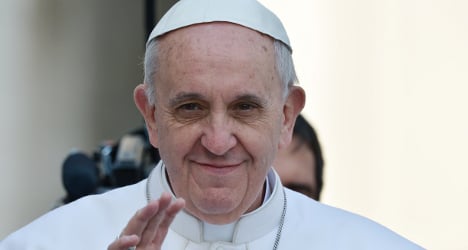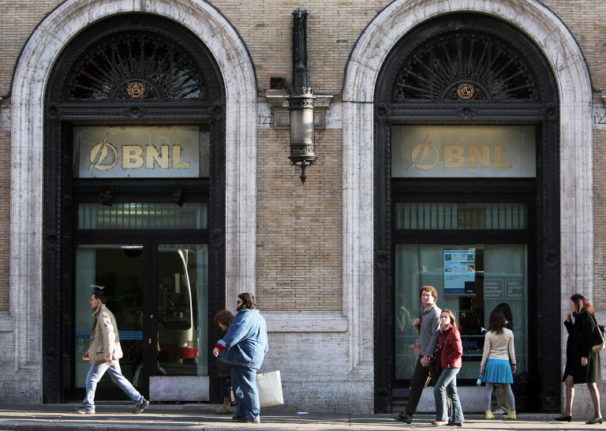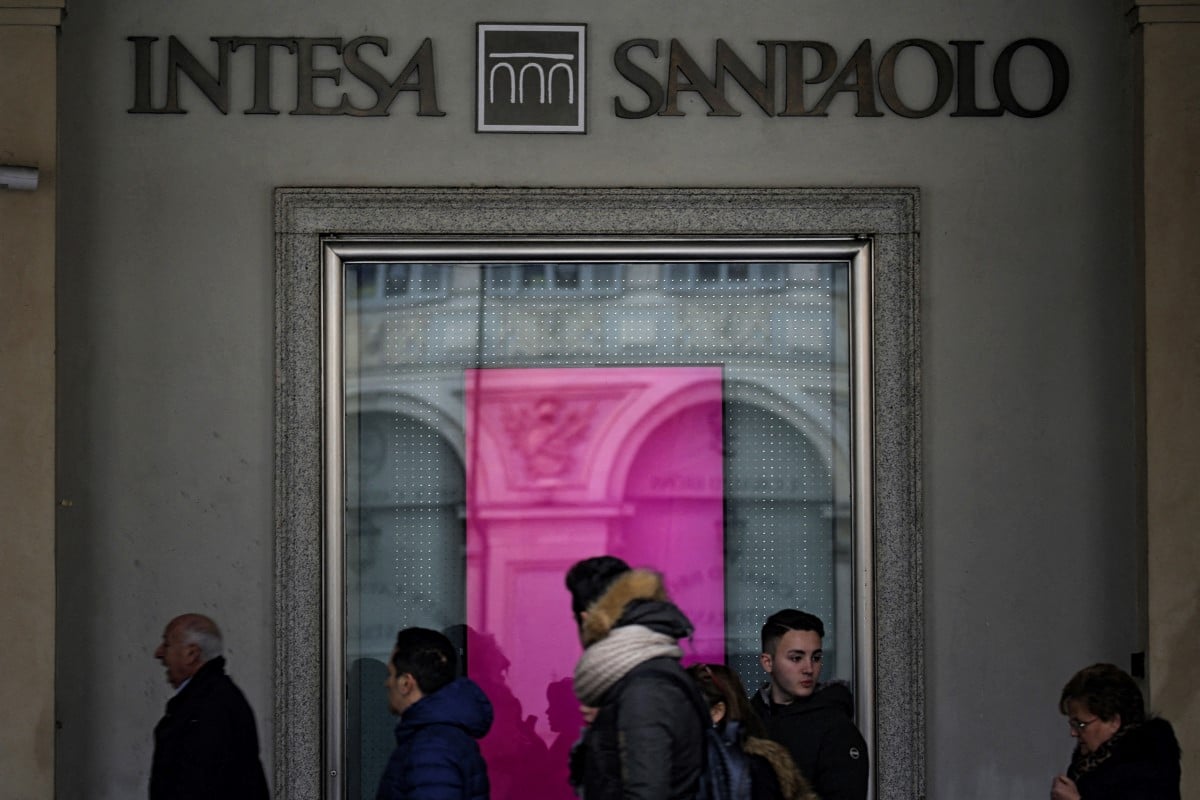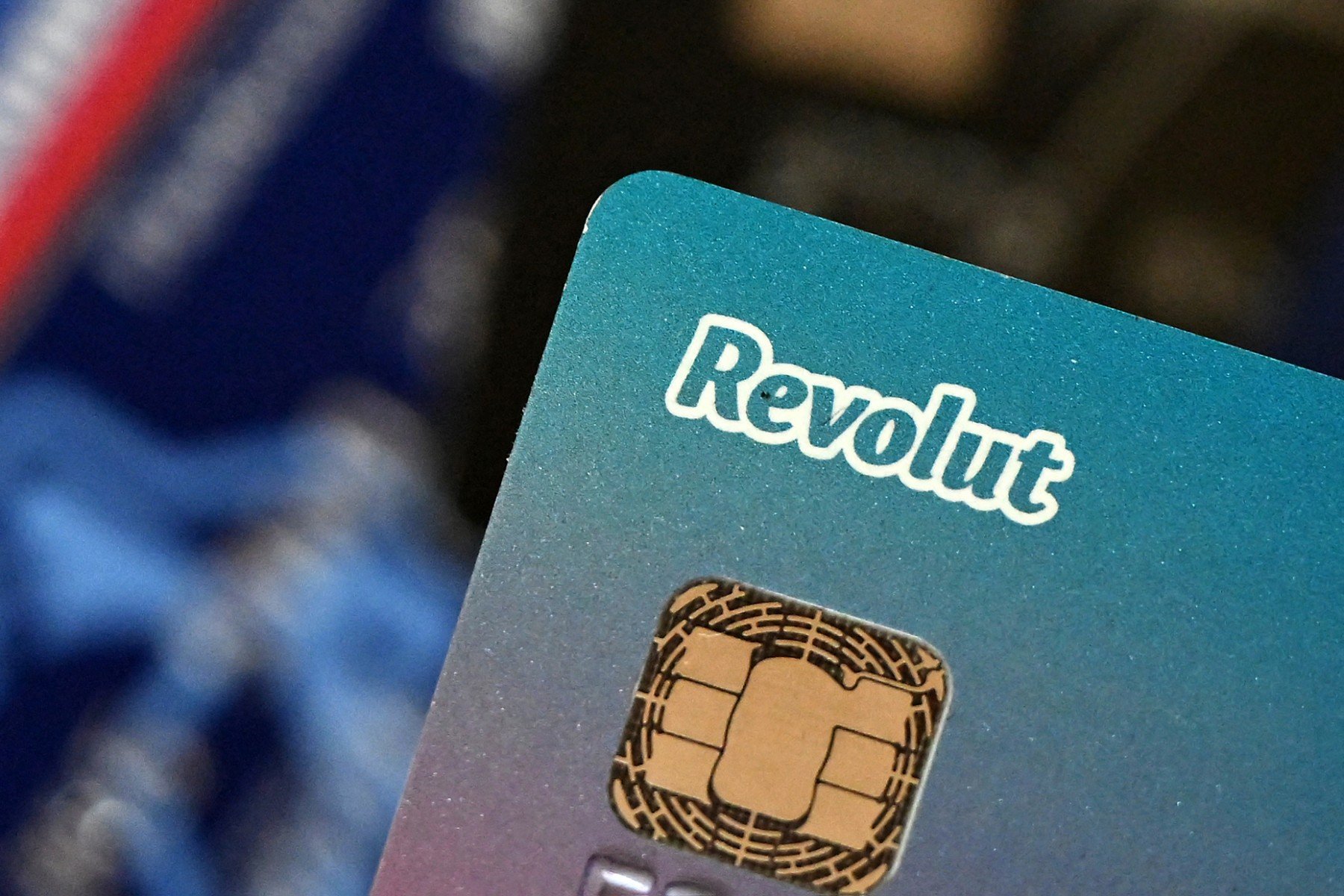In his defence of the poor and those living on the margins of society, Pope Francis has also attacked radical free-market ideologies for creating ‘tyranny’ and said the ‘cult of money’ produces misery.
He told a congregation gathered at St Martha’s church in the Vatican earlier this week that ‘wealth can make us lazy and selfish’. His audience may have been small in comparison to the crowds that gather for his regular Sunday masses at St Peter's square, but his words nonetheless drew attention.
As a working-class man who often took the bus to work and spoke out about the plight of the poor during his time as a Cardinal in Buenos Aires, Pope Francis’ messages on wealth are perhaps an attempt to bring the Catholic church back to reality, Sebastiano Sali, a research fellow at the Centre for International and European Studies told The Local.
The Pope's words also enable the church "to get to grips with what is going on in the world and the issues that are really affecting people’s lives,” he continued. “Certainly, the most intrusive and concerning issue of a great part of the western world today is the economic crisis.”
Pope Francis seems to have made a good impression so far and has been welcomed by Catholics and non-Catholics around the world, said Sali.
But how do such anti-wealth messages sit in crisis-hit Italy, and coming from an institution whose own image has been tainted by scandal over money laundering? Sali suggests that the statements are also being directed at the Vatican and the Catholic church.
The congregation at St Martha’s did not involve the usual crowd of worshipers, but was instead made up of a small number freelance health-care and economic workers of the Papacy governance, Sali said.
Italy’s economic wounds are taking a long time to heal. Unemployment reached a record high of 12 percent in April, according to figures released this week. Troubled Italians are taking their own lives: the country’s suicide rate has risen between 20 and 30 percent over the past four years, the most recent figures from the Observatory of Health show. This month alone, a man in Sicily who was €10,000 in debt set himself on fire, while another from Avellino, in the Campania region, also killed himself over debt.
Businesses are also bearing the brunt, with 31,000 closing down in the first quarter alone.
On top of this, the ongoing ills are “producing a social and cultural regression that is dividing people, families and social layers,” according to Sali.
In this respect, the Catholic church “carries a huge responsibility,” he added.
While Pope Francis has attracted respect and admiration, Sali said people are perhaps expecting a fresh message from their leader. “An old rhetoric of good against evil cannot provide the fresh and original approach people are waiting for.”
Despite polls suggesting Italy has become more secular, with mass attendance sinking, religion still plays an important role in most people’s lives. In a recent survey, 91.6 percent of Italians declared themselves Christians with about 88 percent of them being Catholic.
A report this week in the newspaper Corriere della Sera also pointed to an increasing number of people turning to priests in times of trouble.
“A therapist is perhaps too expensive in such a difficult economic moment, whereas a confession is for free,” said Sali.





 Please whitelist us to continue reading.
Please whitelist us to continue reading.
Member comments